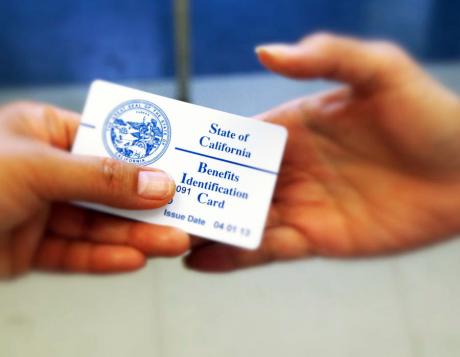Working Group Promotes Medi-Cal Accessibility, Sustainability
Medi-Cal now covers one in three Californians. But do one in three Californians have access to primary care, preventative care or anything other than emergent care? Not really. Simply put – the costs of care are not adequately covered. Safety-net providers and traditional medical providers, now taking on an even greater share of the Medi-Cal population, are struggling to adapt.
Medi-Cal managed care plans, community health centers, medical groups and hospitals must work together to identify best practices and remove barriers that prevent the delivery of coordinated, high-quality, appropriate and efficient health care.
Periods of great change, such as the ACA, provide opportunities to bring together diverse organizations with the hope of a brighter tomorrow.
As of this autumn, a new working group organized by HASC and the Hospital Council of Northern and Central California are working to do just that. Convening the stakeholders mentioned above with the goal of strengthening relationships and achieving a greater understanding of the barriers each of us face is proving to be beneficial.
Discussions center on developing creative ways to advance:
- Access to timely primary care
- The supply of both primary and specialty providers
- Access to mental and behavioral health services
- Care coordination among ALL providers
- Improvements in health outcomes for patients
Currently, there is a quest to better understand “population health” and associated upstream social determinant barriers.
Great thought is being put into much needed improvements in care coordination across the continuum – and the many opportunities for technological advancements that will empower successful system communication for meaningful data exchange. The critical need for the money to follow the patient remains a key priority.
As the work of the group proceeds, areas for exploration emerge. It is time for us to think differently about how we can provide better care for our patients.
The charge of the working group is to develop recommendations at the local, regional and state levels that address many of the challenges listed above.
We look forward to sharing the final recommendations of the group, and our plan on moving forward, before the close of this year. We welcome your suggestions.
Contact:
Marty Gallegos
(213) 538-0777
mgallegos@hasc.org




